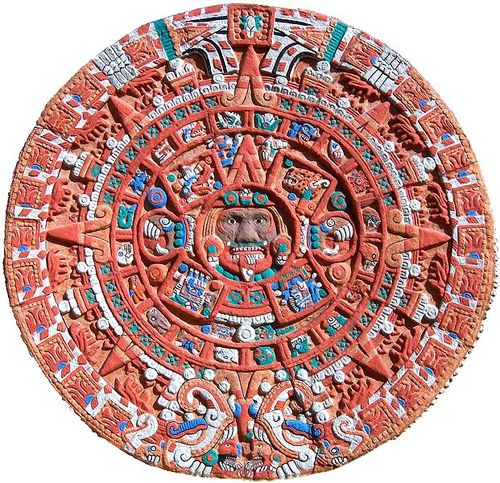Chronology
E-CPD

N.B. This unit was produced before the new curriculum and therefore while much of the advice is still useful, there may be some out of date references or links.
Learning about the complex concept of chronology is often considered very challenging for young children, yet this understanding underpins children's developing sense of period, as well as key concepts such as change and causation. It is a challenging concept to teach because of its abstract nature and children's many misconceptions illustrate the difficulties they experience in understanding and using it. Chronology, however, contributes to children's sense of identity and helps them create a context for understanding the present. In order to grasp and consider the ‘big questions' of history, children need to establish in their own minds a chronology of events to enable them to make connections between them and see the wider implications of their studies in history.
This unit is divided into the following enquiries:
|
1. Why is chronology important in learning about the past? 2. What concepts and skills relate to chronology? 3. How can we understand children's growing sense of time and chronology and establish sound principles for practice? 4. Which strategies are useful in teaching about chronology? 5. What sources and resources can be used in teaching about chronology? |
Each section involves up to 2.5 hours of study
This resource is FREE to all registered users of the website
If you are not already registered you can sign up for FREE Basic Website Access or Join the HA to access this content.
1. Why is chronology important in learning about the past?
- 1. Why is chronology important in learning about the past?
- 1.1 What is meant by chronology?
- 1.2 The role of time and chronology in meeting the needs of the child
- 1.3 Development of a sense of period
2. What concepts and skills relate to chronology?
- 2. What concepts and skills relate to chronology?
- 2.1 The significance of language in understanding chronology
- 2.2 Mathematical concepts and skills in understanding chronology
- 2.3 Information processing as part of chronological skill
- 2.4 Contemporaneity, time shifts and time travel as concepts within chronological understanding
3. How can we understand children's growing sense of time and chronology and establish sound principles for practice?
- 3. How can we understand children's growing sense of time and chronology and establish sound principles for practice?
- 3.1 Taking account of theories of learning and child development.
- 3.2 The need to make the study of chronology appropriate and relevant
- 3.3 The need to deal with misconceptions
- 3.4 Planning for progression in the development of concepts and skills in chronology
4. Which strategies are useful in teaching about chronology?
- 4. Which strategies are useful in teaching about chronology?
- 4.1 Representing chronology through the use of sources
- 4.2 Using the language of time.
- 4.3 Using story and drama to explore chronology.
- 4.4 A questioning approach
- 4.5 Using mathematical skills in chronology
- 4.6 Using the environment in teaching about chronology
5. What sources and resources can be used in teaching about chronology?
- 5. What sources and resources can be used in teaching about chronology?
- 5.1 Sources which require the use of mathematical skills.
- 5.2 The environment as a source
- 5.3 Timelines and charts
- 5.4 Story and narrative
- 5.5 Kinaesthetic and visual sources
- 5.6 Statistical sources
- 5.7 Problem-solving and investigative activities which rely on chronology
6. Further reading, references, bibliography
- 6. Further reading, references, bibliography


